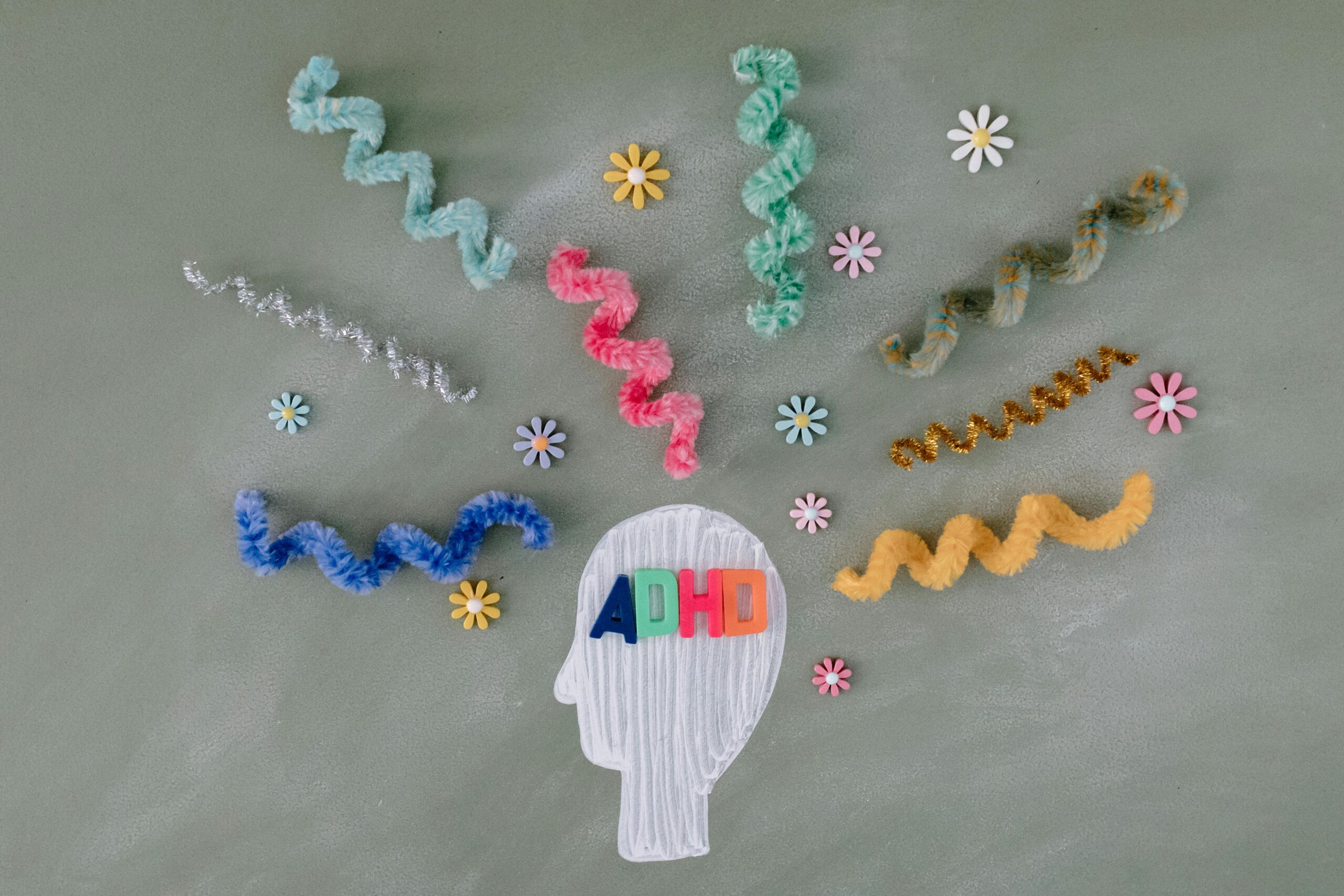Is ADHD Genetic or Just Too Much TikTok?
Let’s face it. Half the world thinks they have ADHD these days. And honestly? Some of them probably do. But others might just be suffering from an unfortunate case of Too Much Tech, Not Enough Brain Rest. The question on everyone’s frazzled little mind: is ADHD genetic, or are we all just dopamine-deprived from 14 hours of screen time and an attention span shattered by short-form video content?
Let’s unpack it. Slowly. Without notifications.
Genetic ADHD: The Real Deal
This is the OG flavour. The one backed by science, brain scans, and that one uncle who was always interrupting people and never finished a sentence. If you’ve had focus issues since childhood, if your parents or siblings are the same, and if school reports were just a collection of the phrases “bright but distracted” and “talks too much” – welcome. You might have genetic ADHD.
Unlock peak brain performance with science-backed biohacks. Join free now & get your guide for just £4.99 (45% off)!

Here’s what that looks like:
- Symptoms start before age 12 (not just when smartphones got smarter than us)
- Trouble with working memory, emotional regulation, and impulse control
- Issues that show up everywhere – home, work, school, brunch with Aunt Carol
- A family tree that looks like a case study in dopamine dysfunction
- The kind of symptoms that don’t magically vanish when you uninstall Instagram
Genetic ADHD is neurological. Your brain is literally wired differently, especially in the areas that handle focus, reward, and executive function. Think of it like your brain’s trying to run Windows 95 in a world full of Macs. It works, but it’s clunky, stubborn, and needs a lot of patches.
Tech-Induced ADHD: The DIY Disaster
Then there’s the newer kid on the block. The kind that creeps in after years of YouTube rabbit holes, dopamine loop games, and switching between five apps just to avoid answering one email. This isn’t classic ADHD. This is overstimulation fatigue, the digital equivalent of eating junk food for ten years and wondering why your body’s rebelling.
It usually shows up like this:
- You were fine as a kid, but now can’t focus unless there’s music, a podcast, and a second screen
- You open a book and fall asleep in three minutes flat
- Your attention span shrivels when tasks don’t offer immediate reward
- You check your phone while watching TV while on your laptop and still feel bored
- After a tech detox, your brain starts working again (funny that)
Tech-induced ADHD isn’t about faulty wiring. It’s about what you’ve trained your brain to expect. Constant novelty. Zero patience. Dopamine on tap. The good news? It’s more reversible. The bad news? You actually have to do something about it.
How To Tell What’s What
So is ADHD genetic in your case, or are you just tech-fried?
- Check your history: Were you like this as a child? Or did it creep in with your first iPhone?
- Look at consistency: Are the problems everywhere or only when life slows down?
- Try a screen break: Do things magically improve after a digital detox?
- Ask your family: Are they just as chaotic as you?
- See a professional: No, not your friend who read one book and now diagnoses people at brunch. A real one.
Have you tried our ADHD Superpower Quiz?
Managing the Madness
If it’s genetic ADHD:
- Medication might help (don’t @ us, it’s evidence-based)
- CBT, structure, body-doubling, timers, alarms, accountability
- Mindfulness (the kind that doesn’t involve forcing yourself to sit still for an hour)
- Movement – walking meetings, dancing, shaking it out
If it’s tech-induced:
- Get off the bloody phone. Literally.
- Start your day without screens for the first hour
- Read. Like, an actual book. With pages
- Turn off notifications – all of them
- Find flow-state activities (yes, even puzzles or LEGO count)
So… Is ADHD Genetic?
Yes. ADHD can absolutely be genetic. But not all attention issues are. Sometimes, what looks like ADHD is just a brain that’s been rewired by overstimulation, digital dependence, and way too many dopamine hits in too short a time. Understanding the difference matters. One’s a neurological condition. The other’s a lifestyle mess.
The good news? Both can be managed. But only if you’re honest about the cause.
Join our community
We’re not here just to provide you with useful information to help you navigate neurodivergence, we’re also here to connect you with like-minded others. You can even talk to specialists in our forums. Why not join us? It is free after all.








Great post Alana! and so needed because I’ve been thinking about this quite a bit lately, what’s my actual ADHD without screen time and distractions so definitely something to consider.
Thank you Lewis 🙂
It’s a great idea to consider scaling back on screentime, especially social media where possible. Try it out and let me know how it goes for you x